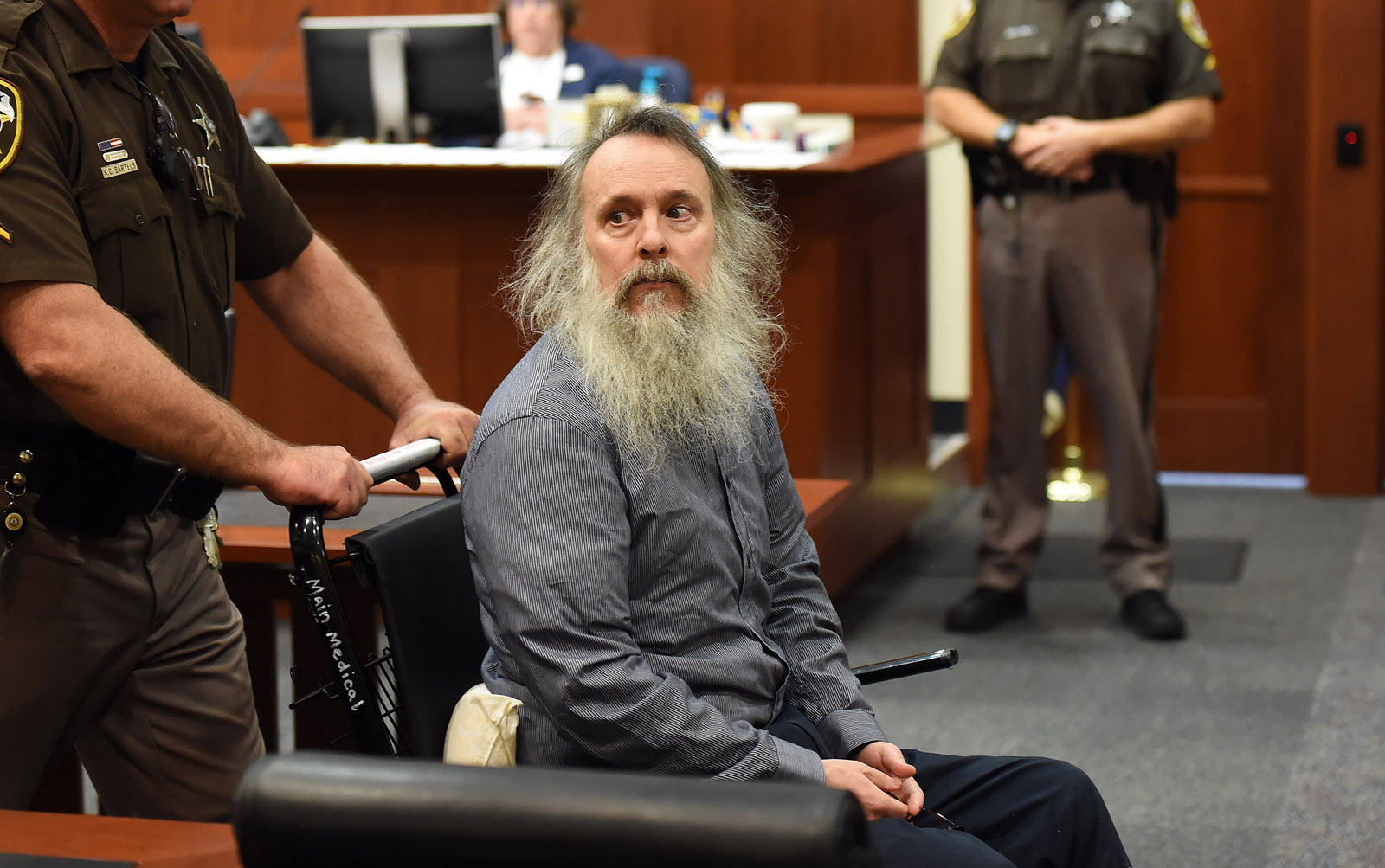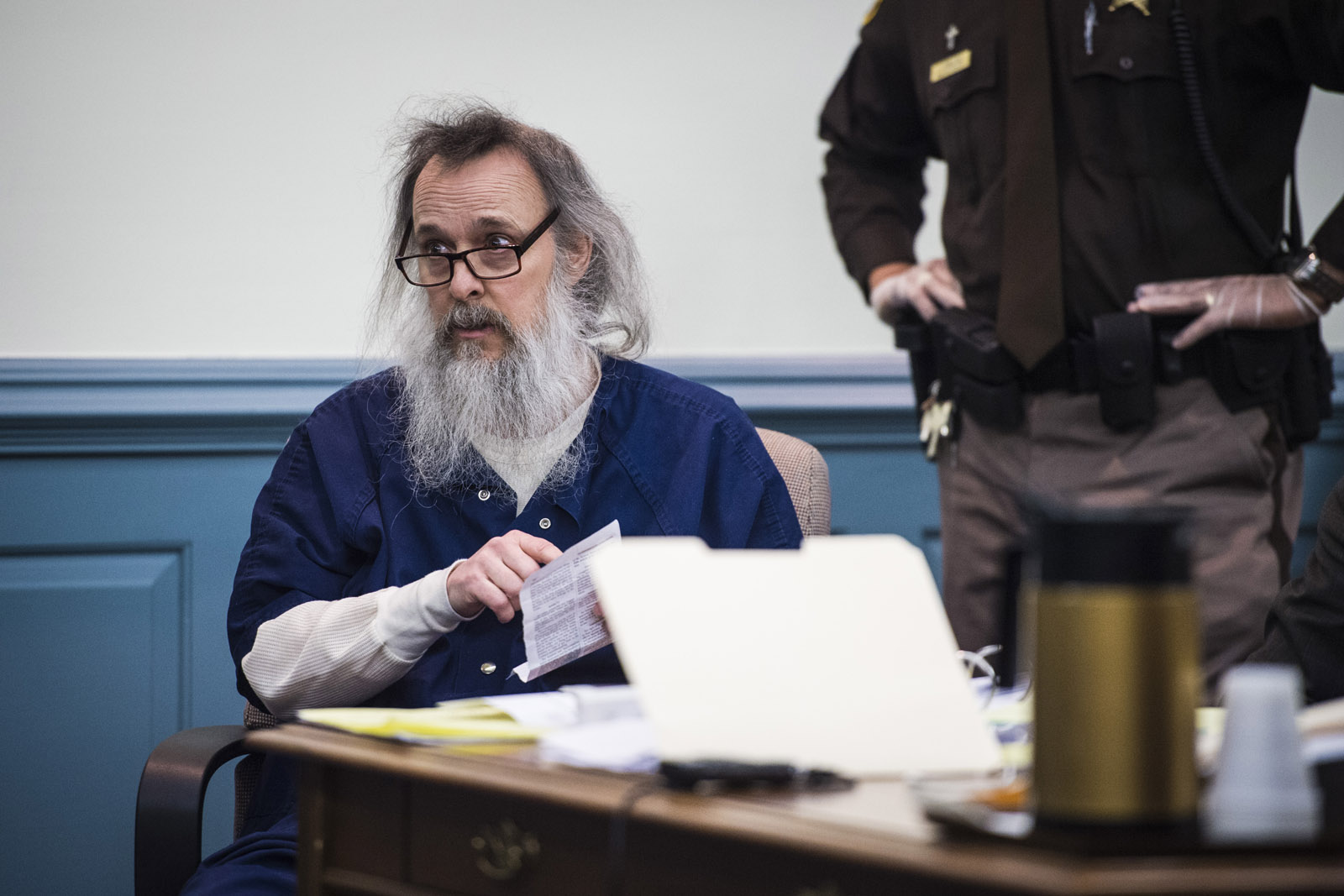WASHINGTON — Convicted killer Charles Severance is set to learn his sentence Thursday for fatally shooting three prominent Alexandria residents whose deaths terrified the community.
Severance, 55 of Ashburn, was found guilty of all 10 counts against him including murder charges for the deaths of Ron Kirby, Ruthanne Lodato and Nancy Dunning following a trial that lasted several weeks in November.
The jury recommended that Severance serve three life sentences plus 48 years and pay $400,000 in fines for the crimes. Virginia does not grant parole and prosecutors did not seek the death penalty, believing that Severance’s mental health would have made a conviction unlikely.
Before the jury delivered its sentencing recommendation, Severance’s attorneys blamed the killings on his unstable mental health and noted a past diagnosis of schizophrenia.
Severance’s mental health was mentioned numerous times during the trial including during testimony from his parents who described the restricted access they granted their son to their house. They described how they had tried to help Severance receive treatment.
Severance touched on the topic of his mental illness in his disjointed and turbulent writings, which were featured heavily in his trial. In those writings, a passage roughly described the manner in which Dunning, Kirby and Lodato were killed.
“Knock. Talk. Enter. Kill. Exit,” he wrote.
Each of the three victims was shot at his or her front door by the same type of gun and the same type of ammunition, both of which Severance glorified in his writings. Prosecutors said that the killer left no fingerprints, DNA or other usable forensic evidence behind.
Prosecutors described Severance as a “monster” who reigned chaos and terror upon the Alexandria community – a city where he lived in the 1990s and early 2000s. Severance blamed the city’s criminal justice system and even its “ruling elites” for losing custody of his son in 2001.
All three victims had deep ties to the city. Dunning’s husband was the city’s sheriff at the time of her death. Lodato’s brother and dad served as a city judge. And Kirby was an influential regional transportation planner.
The trial was moved to Fairfax County because of the intense media coverage and the fear the killings caused.
Kirby and Lodato were shot and killed three months apart in November 2013 and February 2014 respectively. An aide to Lodato’s mother was also shot, but survived and provided with police with a sketch of the shooter, which ultimately led investigators to Severance. Police tied the 2003 unsolved killing of Dunning to the other two victims through ballistics evidence.
Severance’s defense team had argued that prosecutors’ evidence did not prove that Severance pulled the trigger. They tried to convince the jury that another man, one with a similar bearded appearance, was the figure spotted in the neighborhoods near the Lodato and Kirby homes around the times of their deaths, not Severance.






